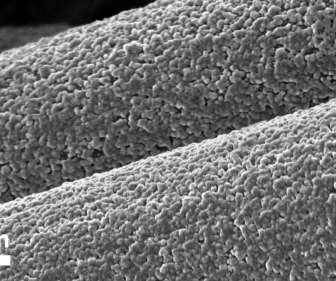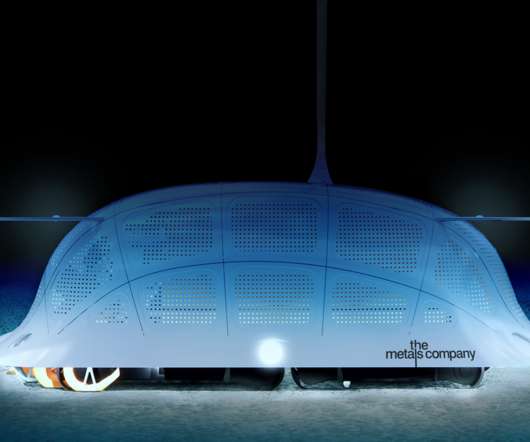SLAC, MIT, TRI researchers advance machine learning to accelerate battery development; insights on fast-charging
Green Car Congress
MARCH 9, 2021
Scientists have made a major advance in harnessing machine learning to accelerate the design for better batteries. He said the results overturn long-held assumptions about how lithium-ion batteries charge and discharge and give researchers a new set of rules for engineering longer-lasting batteries.

































Let's personalize your content